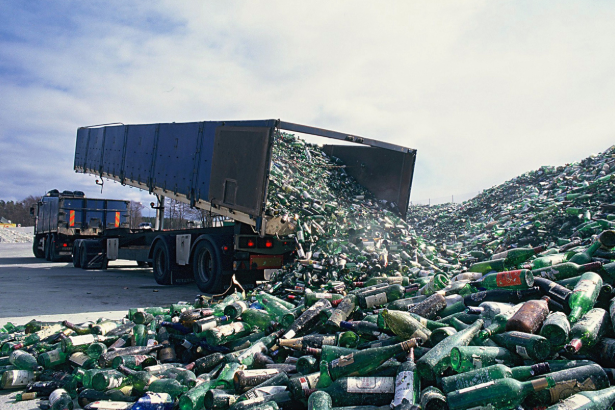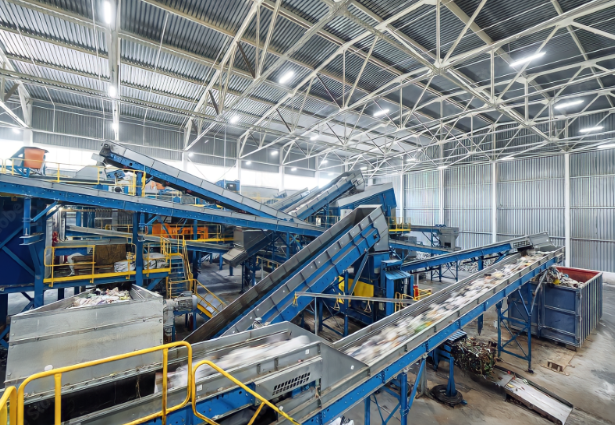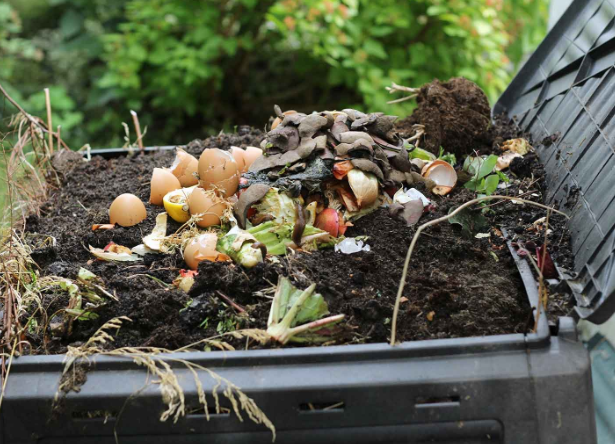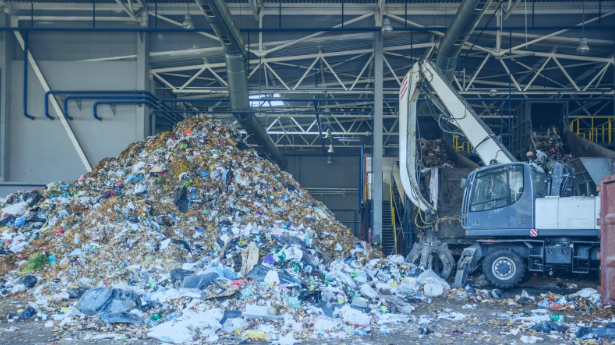
In an era where environmental sustainability has become a global priority, glass recycling plays a vital role in reducing waste, conserving natural resources, and promoting a circular economy. Glass is a highly recyclable material that can be reused repeatedly without losing quality. Efficient glass recycling not only benefits the environment but also supports sustainable waste management practices for communities and industries alike.
Understanding Glass Recycling
Glass recycling involves collecting used glass containers, cleaning them, and processing them into raw materials for manufacturing new glass products. Unlike other materials that degrade with each recycling cycle, glass maintains its structural integrity, making it one of the most sustainable packaging options available.
The process typically includes:
Collection and sorting of glass by colour and type
Crushing and cleaning to remove impurities
Melting and remanufacturing into new glass containers or products
By integrating glass recycling into waste management systems, municipalities and businesses can significantly reduce landfill contributions while promoting environmental stewardship.
Environmental Benefits of Glass Recycling
1. Reducing Landfill Waste
Glass is non-biodegradable, meaning it can persist in landfills for thousands of years. Recycling glass reduces the volume of waste sent to landfills, freeing up valuable space and minimising environmental hazards.
2. Conserving Natural Resources
The production of new glass requires raw materials such as sand, soda ash, and limestone. Recycling glass decreases the need for these resources, conserving natural materials and reducing the environmental impact of extraction and processing.
3. Lowering Energy Consumption
Manufacturing glass from recycled materials requires less energy compared to producing glass from virgin resources. Studies show that using recycled glass can reduce energy consumption by up to 30%, lowering greenhouse gas emissions and promoting sustainable energy use.
4. Reducing Carbon Footprint
By decreasing energy consumption and minimising raw material extraction, glass recycling contributes to a reduction in carbon emissions. Integrating recycling solutions ensures that glass is efficiently separated from other waste streams, maximising recycling rates and environmental benefits.
Economic and Industrial Advantages
Glass recycling is not only environmentally friendly but also economically beneficial:
Cost Savings: Businesses and municipalities save on disposal fees and raw material costs.
Job Creation: Recycling programs create employment opportunities in collection, sorting, and processing facilities.
Sustainable Production: Manufacturers can produce new glass containers at lower costs using recycled cullet (crushed glass), supporting a circular economy.
Efficient recycling systems provide a win-win scenario, promoting sustainability while generating economic value.
Innovations in Glass Recycling
Modern recycling facilities employ advanced technologies to optimise the glass recycling process:
Automated Sorting Systems: Using sensors, cameras, and magnets, facilities can accurately separate glass by colour and remove contaminants.
Advanced Crushing Techniques: High-efficiency crushers reduce glass to uniform cullet, ready for melting and remanufacturing.
Integration with Waste Management Software: Digital solutions track recycling metrics, optimise collection routes, and enhance overall efficiency.
These innovations not only improve the quality of recycled glass but also enhance the efficiency and scalability of sustainable waste management programs.
Challenges and Solutions
Despite its benefits, glass recycling faces certain challenges:
Contamination: Non-glass materials mixed with recyclables can lower the quality of recycled glass.
Consumer Awareness: Public participation is essential for effective recycling programs.
Logistical Costs: Collection, transportation, and processing of glass can be resource-intensive.
Solutions include implementing educational campaigns, using advanced sorting technologies, and designing convenient collection systems. By addressing these challenges, communities can increase recycling rates and maximise the environmental benefits of glass reuse.
The Role of Businesses and Communities
Businesses, municipalities, and individuals all play a part in promoting glass recycling:
Businesses: Can adopt eco-friendly packaging and participate in take-back or recycling programs.
Municipalities: Can invest in efficient collection systems, sorting facilities, and public awareness campaigns.
Consumers: Can actively participate by properly sorting glass, reducing contamination, and supporting recycled products.
OGTEC efforts ensure that glass recycling becomes an integral component of sustainable waste management practices.
Conclusion
Glass recycling is a cornerstone of sustainable waste management. By reducing landfill contributions, conserving natural resources, lowering energy consumption, and supporting a circular economy, it offers far-reaching environmental and economic benefits. Implementing advanced recycling sorting solutions enhances efficiency and maximises the impact of recycling programs. OGTEC helps businesses contribute to a cleaner, greener, and more sustainable future.





Write a comment ...